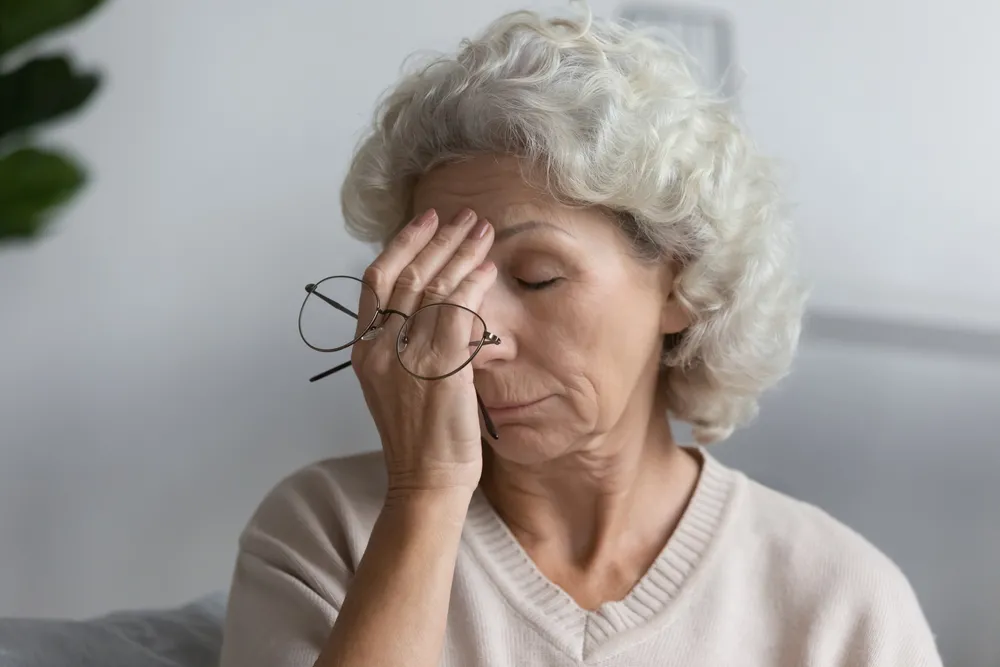You ever look around your “dream home” and think… this place is slowly ruining my life? Don’t worry—you’re not crazy, you might just be house poor. You’ve got the mortgage, the square footage, the fancy backsplash—but also the creeping anxiety, the empty savings account, and the sinking feeling every time the water heater makes a weird noise. Welcome to the club nobody brags about.
Truth is, a lot of us jumped into homeownership thinking it was the ultimate adulting win. But now? We’re side-eyeing our bank accounts, dodging maintenance costs, and wondering if selling is actually the glow-up move. If your house is starting to feel more like a financial trap than a safe haven, it might be time for a reset. Here are 11 signs it’s not that you’re broke—it’s that your house is holding you hostage. Let’s unpack it.
1. You’re Living Paycheck to Paycheck—Thanks to Your Mortgage
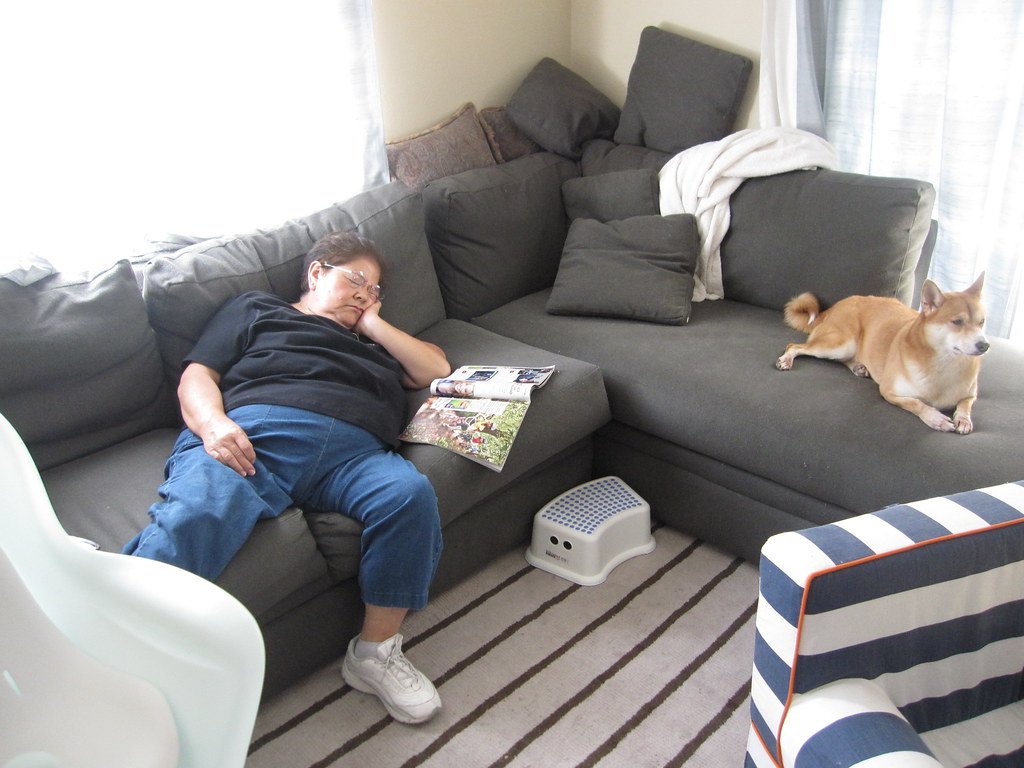
When your mortgage eats up a lion’s share of your income, leaving you scrambling to cover essentials, it’s a red flag. According to Investopedia, being house poor means allocating a significant portion of your income to housing expenses, leaving little for other necessities.
If you find yourself dipping into savings or relying on credit cards to make ends meet, it’s a sign that your home is financially overbearing. This cycle can lead to mounting debt and financial stress. Downsizing to a more affordable living situation can alleviate this burden, allowing you to regain control over your finances and start building savings again. And let’s be real—if your fridge looks like it’s in a witness protection program and payday is a sigh of relief instead of a celebration, something’s gotta give. Your house shouldn’t be the reason you’re one car repair away from panic mode. Freeing up cash flow could mean finally affording fun again—like brunch and a functioning AC unit.
2. Your Emergency Fund Is Nonexistent
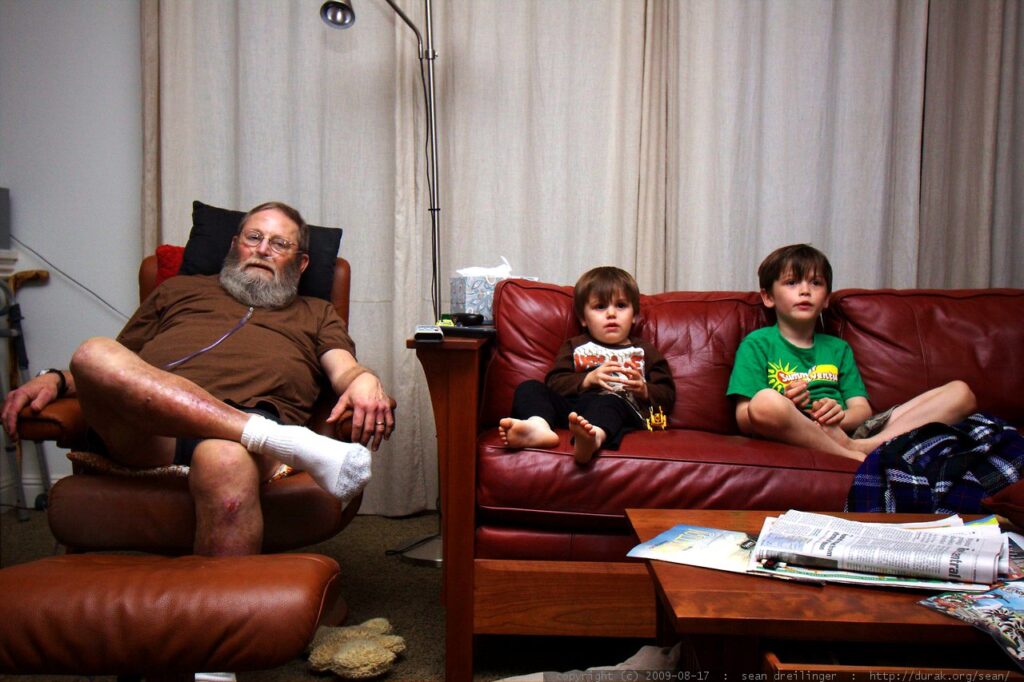
An emergency fund is your financial safety net, but if homeownership costs have depleted it, you’re walking a tightrope without a harness. Quicken Loans notes that being house poor often means having little to no savings after covering housing expenses.
Without an emergency fund, unexpected expenses—like medical bills or car repairs—can derail your financial stability. Selling your home and moving to a more affordable one can free up funds to rebuild your emergency savings, providing peace of mind and financial security. If your “emergency plan” is just crossing your fingers really hard, that’s not sustainable. You deserve a life where one flat tire doesn’t equal a full-blown existential crisis. Downsizing could finally let you breathe—and maybe even stash a little in that high-yield savings account TikTok keeps yelling about.
3. You’re Sacrificing Retirement Contributions

If your mortgage payments are so high that you’re unable to contribute to your retirement fund, it’s a sign that your home is hindering your long-term financial goals. Chase highlights that high housing costs can prevent you from saving adequately for retirement, impacting your future financial security.
Neglecting retirement savings now can lead to financial hardship later in life. By selling your home and reducing your housing expenses, you can redirect funds toward your retirement, ensuring a more comfortable and secure future. Social Security alone won’t cover rooftop margaritas in your golden years. Future You deserves more than budgeting for canned soup and scratch-offs. Selling now could be the smartest move to make sure you’re not 75 and Googling “part-time jobs for seniors with bad knees.”
4. You’re Accumulating Debt to Cover Basic Expenses

Using credit cards or loans to cover everyday expenses because your mortgage is consuming most of your income is a dangerous cycle. Steve Adcock points out that relying on credit to bridge financial gaps is a clear indicator of being house poor.
This approach can lead to escalating debt and financial instability. Selling your home to eliminate high mortgage payments can help you break free from this cycle, allowing you to live within your means and work toward financial freedom. If your credit score is slowly ghosting you and interest charges are your new unwanted roommate, it’s time to re-evaluate. Carrying debt just to survive isn’t sustainable—it’s like patching a sinking boat with duct tape. Offloading that too-expensive home could be the reset button your wallet’s been begging for.
5. Home Maintenance Costs Are Overwhelming
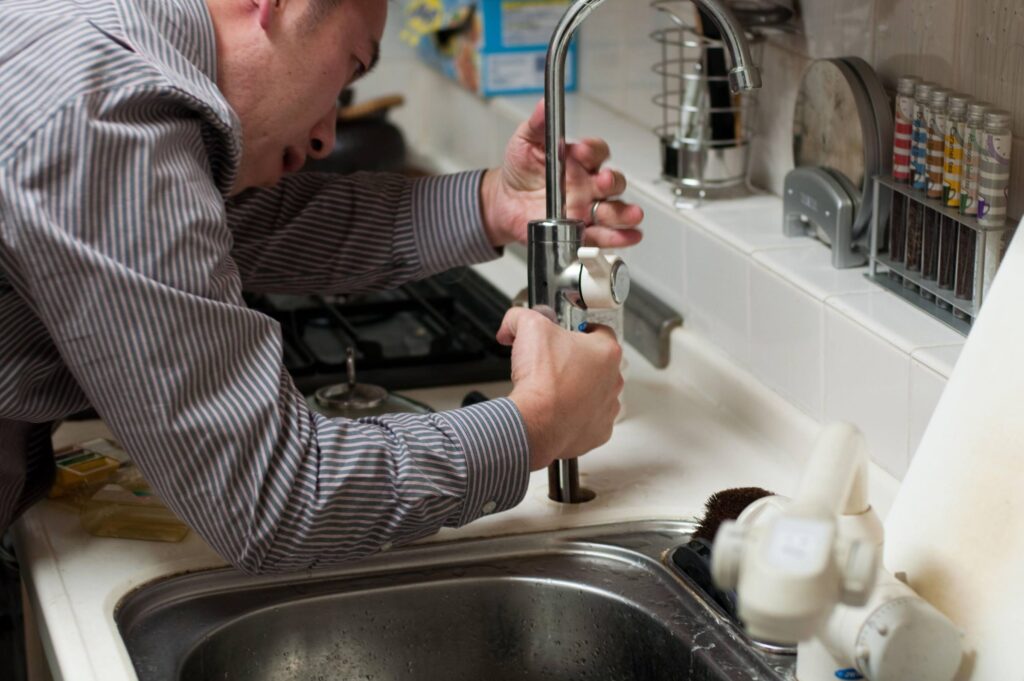
If the cost of maintaining your home is draining your finances, it’s a sign that your home may be more of a burden than a blessing. Yahoo Finance notes that constant worry about repairs and maintenance is a symptom of being house poor.
Unexpected repairs can be financially devastating, especially if you’re already stretched thin. Selling your home and moving to a newer or smaller property can reduce maintenance costs, providing financial relief and peace of mind. If every weird noise in the house sparks a full-blown anxiety spiral, it might be time to bounce. You didn’t sign up for surprise plumbing dramas and HVAC cliffhangers. A simpler home can mean fewer repairs, less stress, and finally ditching your “DIY with duct tape” lifestyle.
6. You Can’t Afford to Travel Anymore

Remember vacations? Yeah, neither do you—because all your “fun money” is tied up in that fancy roof over your head. If your last getaway was a staycation that involved crying in your lawn chair while checking Zillow, you might be house poor. Travel isn’t just a luxury—it’s part of enjoying your life, unplugging, and making memories that don’t involve you fixing a leaking toilet at 2 a.m.
When every trip gets vetoed because “the water heater might go soon,” it’s time to reevaluate. A home should be your sanctuary, not a prison with granite countertops. Selling could open up the flexibility (and funds) to live a little—yes, even if that just means finally visiting your sister two states over. Life’s too short to keep saying “maybe next year” to joy.
It’s not about being impulsive—it’s about giving yourself options. If you feel like your house is holding you hostage, selling might be the one-way ticket you actually can afford.
7. You’ve Delayed Major Life Milestones

Still putting off having kids, starting a business, or going back to school because your mortgage is that intense? That’s a massive clue. If your house is the main reason you’re stuck in life limbo, it’s time for a plot twist.
Your financial foundation should support your dreams, not bulldoze them. And if your housing costs are the villain in your origin story, it’s time to write them out of the script. Whether it’s family planning, career pivoting, or even just dating without panicking about bills—freedom matters.
Sometimes selling is less about giving up and more about giving in to what you actually want. Your 20s and 30s shouldn’t be dominated by property tax stress and deferred joy. Choosing a lifestyle that supports your goals—not just your square footage—is growth. Big dreams need room to breathe, not a mortgage that suffocates them.
8. You Avoid Hosting Because You’re Broke or Burnt Out

Hosting used to be fun. Now it feels like a financial ambush and an emotional drain. If the idea of friends coming over gives you stress hives because you can’t afford to feed them and pay for pest control, that’s a sign.
You bought the “entertainer’s dream” but now dodge group texts about dinner parties. It’s wild how a house meant for connection can make you feel isolated and overwhelmed. Maybe it’s the constant cleaning, the maintenance costs, or just that lingering guilt about how overextended you are.
If you’re saying no to joy so you can say yes to your mortgage, the balance is off. Selling and downsizing might sound drastic—but so is living in a space that only brings anxiety. Your home should amplify your life, not shrink it. A smaller, happier home beats a big, lonely one every time.
9. You’re Constantly Anxious About the Market

If your peace of mind rises and falls with interest rates and housing market headlines, you’re not just a homeowner—you’re a full-time economist (without the paycheck). Living in a house you can’t afford comfortably turns every market shift into a crisis. You’re not watching real estate news because you’re curious—you’re watching it like it’s a horror movie.
That’s not financial security, that’s emotional whiplash. A home shouldn’t require constant vigilance. If you’re glued to Zillow like it’s your therapist, it’s time for a gut check.
Selling might seem scary, but staying locked in a high-stress financial situation is scarier. When your mental health is collateral damage in your homeowner journey, it’s okay to pull the parachute. Peace of mind is worth more than any equity. And sometimes the smartest financial move is choosing simplicity over speculation.
10. You’re Spending More on Your Home Than You’d Spend on Rent—By a Lot
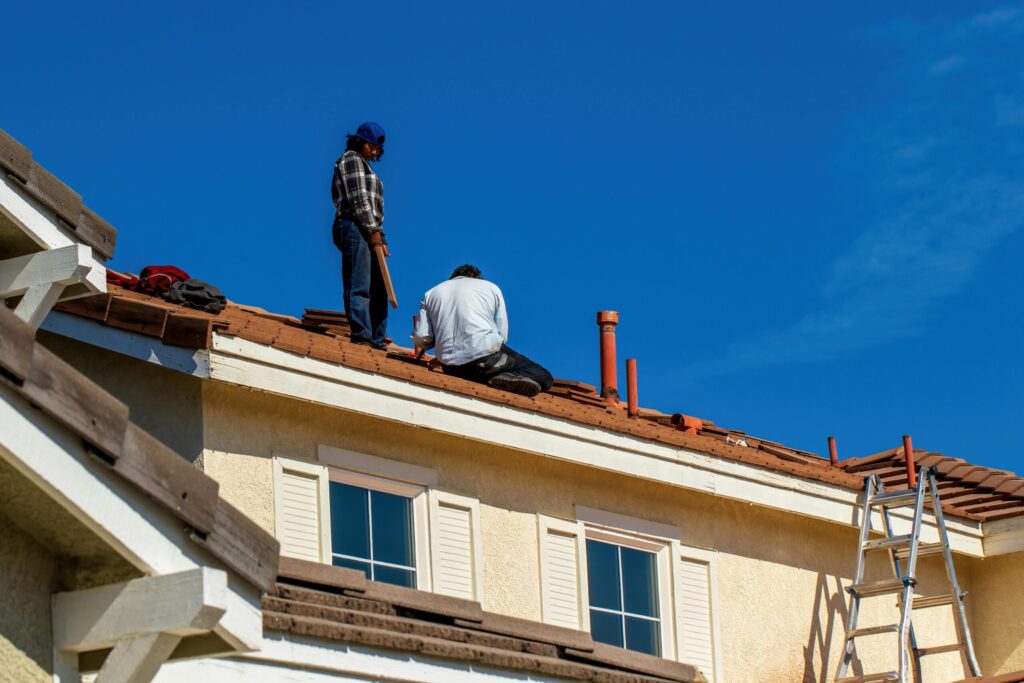
Look, owning isn’t always cheaper than renting, despite what your uncle at Thanksgiving says. If your mortgage, taxes, insurance, and repairs are wiping you out every month, you might be better off as a renter again. Especially if you’re in a hot market where rent is actually less than your all-in ownership cost.
That’s not failure—it’s math. Renting doesn’t mean you’re “throwing money away,” it means you’re buying flexibility and peace of mind. If homeownership is draining your energy and cash flow, selling could give you a reset.
You can always buy again later—when it actually makes sense for your lifestyle and budget. But right now? You’re pouring premium dollars into a house that’s making you miserable. And there’s no trophy for “Most Financially Drained.” You don’t have to white-knuckle through homeownership just to prove a point.
11. You Resent Your Home More Than You Enjoy It
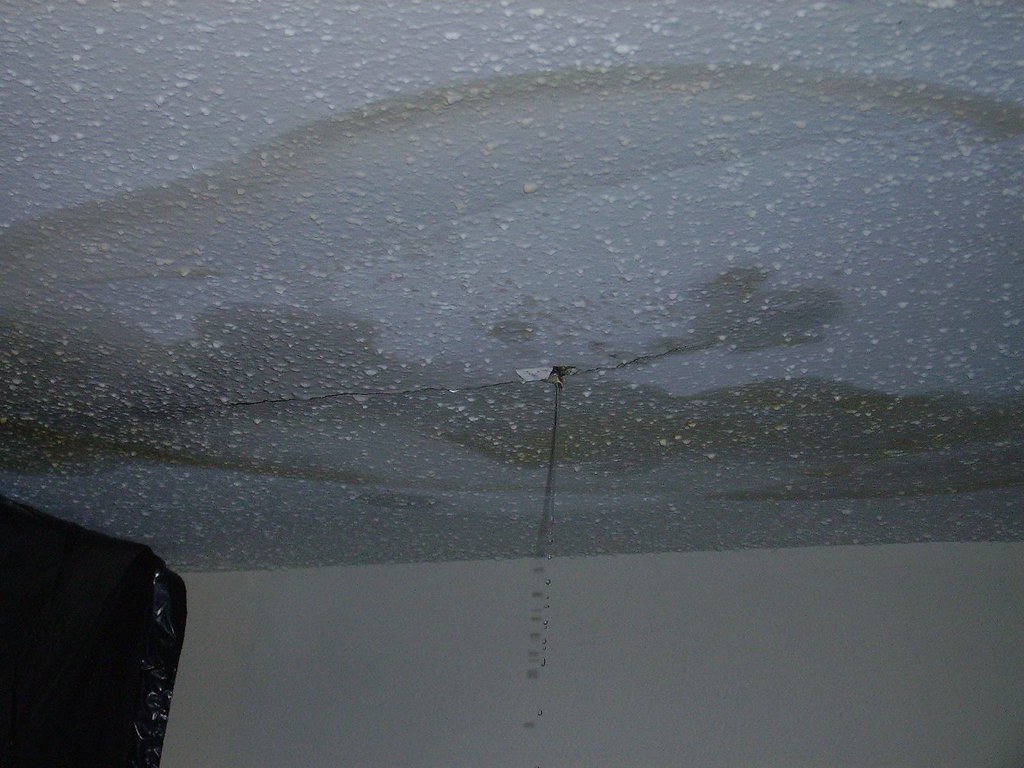
This one hits hard. If you walk into your house and feel dread instead of comfort, something’s off. Your home should be your soft place to land—not the source of your headaches and budget breakdowns.
When you start noticing everything you don’t like about your house—the squeaky floors, the outdated kitchen, the taxes you swear have doubled—it’s not just nitpicking, it’s emotional burnout. And when your feelings toward your home go from pride to regret? That’s your cue.
It’s okay to change your mind. You’re allowed to say “this worked for me then, but it’s not working now.” Selling can be a radical act of self-care. There’s no shame in saying goodbye to a house that’s made you miserable. In fact, walking away might be the best decision you ever make.
This article is for informational purposes only and should not be construed as financial advice. Consult a financial professional before making investment or other financial decisions. The author and publisher make no warranties of any kind.





